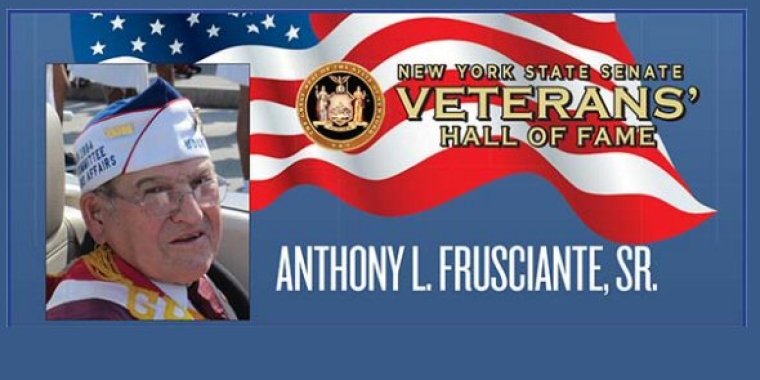History of The New York State Black, Puerto Rican, Hispanic and Asian Legislative Caucus
Ruth Hassell-Thompson
July 16, 2010
HISTORY
In 1917, The New York State Assembly elected its first Black American legislator, Mr.
Edward A. Johnson, and in 1937 Assemblyman Oscar Garcia Rivera was the first American of Puerto Rican heritage to be elected in the State Assembly. From those small victories, slowly, two became three, three became four, and four became many. Presently the Caucus has a total of 48 members within the State Assembly and Senate.
It was during the 1966 Legislative session that the formal beginnings of the New York State Black and Puerto Rican Legislative Caucus took place, when the Black and Puerto Rican Legislators joined together and paid a visit to the office of the speaker of the Assembly at that time, Anthony J. Travia. This meeting was later christened "the Midnight Walk," because it took place during the early hours of the morning. It was then that the Black and Puerto Rican Legislators, through their spokesman, Percy E. Sutton, began as a unit to systematically negotiate for more power in the Legislature.
The Caucus demanded an equal share of power and position in the leadership structure and assignments on the major committees within the legislature, in return for their continued support of the democratic leadership. As an illustration of the power which they had gained, the Black and Puerto Rican legislators were given the majority whip position, chairmanship of two committees, and representation on the powerful Assembly committees: Ways and Means, Banks, and Codes. They also hired Blacks and Puerto Ricans on their staffs. Later that same year, through the efforts of the Caucus, the Legislature approved the historic program, "Search for Education, Elevation, and Knowledge", commonly referred to as the "SEEK" program. This was and still is a program designed to assist educationally and economically deprived students at the City University of New York, by providing services and activities which would help them achieve.
In 1975, the Caucus' turning point came when its members successfully held up passage of the State Budget until they received increased benefits for African American and Hispanic New Yorkers. Also during that year the Caucus opened its first administrative office and hired a staff for the purpose of conducting research, monitoring legislation, and handling programmatic development within state agencies. In an effort to be more inclusive the Caucus changed its name twice, the last in 2005 to "NYS Black, Puerto Rican, Hispanic and Asian Legislative Caucus", having welcomed its newest member, the first Asian Americans elected to New York State Legislature. Thus, the New York State Black, Puerto Rican, Hispanic & Asian Legislative Caucus was founded out of that fateful "Midnight Walk".
The Caucus has continued as an effective political alliance that has consistently given all
ethnic minorities, middle-class, the poor, and working people a real voice in state
government. It has been a vital component of the State Legislature since its creation. From the onset, the Caucus' main goal has been to unite African American, Hispanic and Asian The NYS Black, Puerto Rican, Hispanic & Asian legislators as a powerful force in the State Legislature. The founders were determined to use their voting power and numbers, no matter how small, to ensure their constituents, the underprivileged people of New York State, were represented. Since then, the Caucus has grown to be one of the most influential legislative bodies in state government today. Currently, Caucusmembers represent one third of the majority conference within the New York State Assembly and hold the most significant leadership roles in the New York State Senate, having taken the reigns of control as the Majority.



